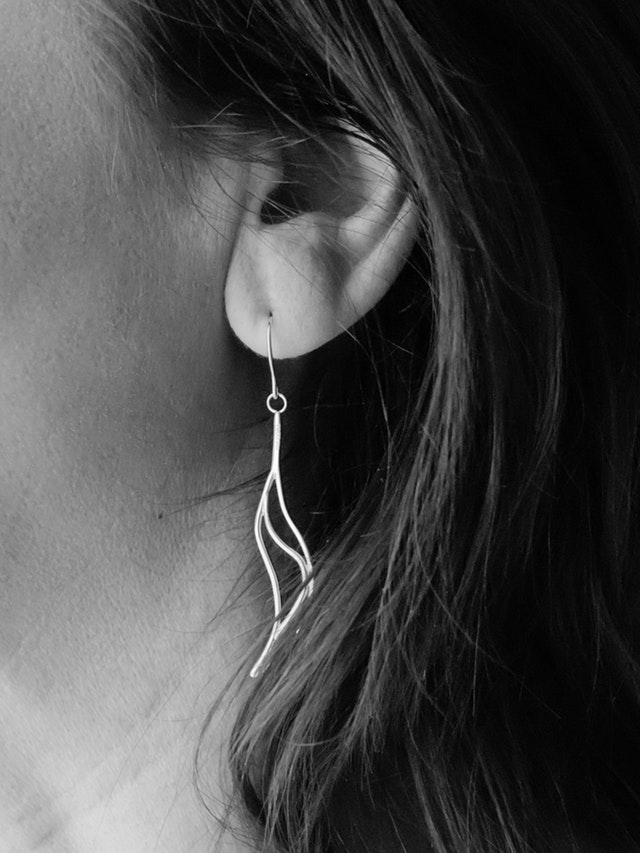Colds, flu and allergies can leave San Francisco residents feeling miserable this time of year. In addition to a runny or stuffy nose, watery eyes, fever, aches and pains, you might also experience pain and pressure in the ears. Don’t worry; there are things you can try at home to help reduce pressure in your ears and leave you feeling better.
The Ears, Nose & Throat Are All Interconnected
When you’re sick with an upper respiratory infection, one of the symptoms you’re likely to experience is plugged-up ears, which can cause pressure and discomfort. These infections cause inflammation and mucus secretions in the Eustachian tube, an organ that runs from the middle ear to the back of the nose and throat. Its job is to regulate the pressure in your ears, eliminate excess fluids and circulate airflow in your ears. Because it connects the ears, nose and throat, a blockage in the Eustachian tube resulting from swelling and mucus buildup can cause a plugged-up sensation and pressure in the ears.
Some people experience worse symptoms than others. This is due to anatomy; subtle differences in size and shape of the Eustachian tube among individuals mean that some are more prone to ear discomfort when sick than others. Those whose Eustachian tubes are more narrow or horizontal are more likely to suffer from a buildup of fluids, which helps explain why children have so many more ear infections than adults—their Eustachian tubes are smaller and still growing. Other people may experience more swelling, ear pain and pressure because they have more mucus linings near the entrance to their Eustachian tube.
Remedies for Relieving Ear Pressure
Ear pain and pressure tends to dissipate within a few days to a week, after an upper respiratory has run its course. That’s a lot of time to put up with discomfort, however; to alleviate congestion in the ears, nose and throat, your San Francisco audiologist recommends trying the following:
- Over-the-counter antihistamines and decongestants
- Swallowing
- Yawning
- Chewing gum
- Sucking on a throat lozenge or hard candy
- Taking a breath, then breathing gently with your mouth closed while holding your nostrils shut
These tricks should help you feel better, but if your symptoms last longer than a week or are accompanied by severe ear pain, fluid drainage or hearing loss, schedule an appointment with a San Francisco audiologist. You may be suffering from an ear infection or other condition that requires more invasive treatment.

